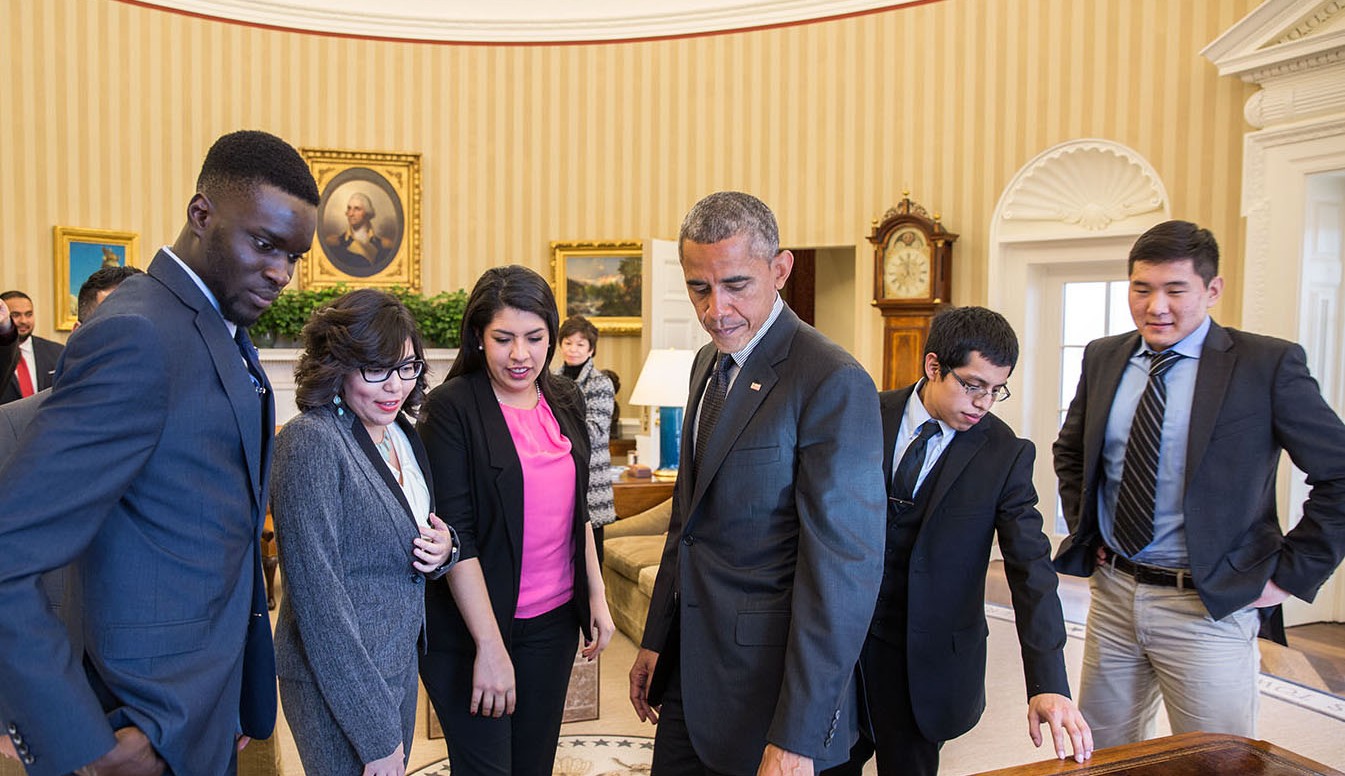Termination of DACA Program Means Nearly 800,000 People Face Potential Deportation
U.S. President Donald Trump now plans to remove protection for those who came to the U.S. illegally as children. These children, often referred to as “Dreamers,” have spent most of their lives in the U.S., going to school, landing careers, and making a life for themselves. They now face deportation to countries they no longer think of as home.
The good news is that Canada’s attitude towards refugees and immigrants means that many Dreamers and their families could find a home within our borders. Given Canada’s immigration system, though, refugee lawyers are in high demand to help Dreamers find a new home.
What is DACA?
President Trump’s recent announcement that he would be phasing out the Obama-era Deferred Action for Childhood Arrivals (DACA) program brought the plight of Dreamers into the international spotlight.
DACA followed up on the long-discussed DREAM Act, proposed in 2001 to address the needs of children brought to the U.S. by undocumented immigrants. It’s estimated that there are over 800,000 of these children, or “Dreamers” as they’re frequently known, and they could now be deported without DACA’s protection.
Dreamers, who have spent most of their lives in the U.S., may have to uproot entirely with DACA’s termination. Though they do technically classify as undocumented immigrants, the idea behind DACA was that these children didn’t have a say in how they arrived in the country. In all likelihood, the United States is their home country, despite what politicians and official documents say.
Dreamers in Canada?
Dreamers are, of course, welcome to apply for immigration to Canada. Some may even be able to present a case as refugees. But as recent events have shown, there is no guarantee of immigrant or refugee status with an application. Many individuals may not qualify as asylum seekers, and many more could face long wait times for their application to be processed.
Some immigration and refugee lawyers have already cautioned that this influx could burden Canada’s immigration system. It’s also possible many will cross illegally into the Country from the U.S., something that’s already been an issue in the few months since Trump assumed office. The Canadian government would have to allocate additional resources to deal with the influx of border crossings and refugee claims in order to prevent the creation another backlog.
Phasing Out, Not Outright Termination
Trump’s decision to phase out DACA instead of immediately ending it presents some hope that it could be saved. Some commenters have taken this as an indicator that Trump is giving himself a chance to change his mind at a later date. Fear of deportation is, for now, something Dreamers are forced to live with.
For the time being, Dreamers will be able to continue working in the U.S. until their two-year work permits expire, and those with permits set to expire in the next six months may apply for a two-year renewal. This accounts for perhaps a quarter of DACA enrollees, but still leaves around 600,000 people without any sort of protection.
As many critics of Trump’s decision argue, these Dreamers shouldn’t be punished. They were brought to the U.S. as children, have built their lives there, and for many, the U.S. is the only home they truly know.
Share this article
Arghavan Gerami
Arghavan Gerami is the Founder and Senior Counsel at Gerami Law Professional Corporation ('PC'), a full-service immigration law firm in Ottawa, Ontario. Since 2011, Ms. Gerami has focused her practice on immigration and refugee litigation. Prior to that, Ms. Gerami worked at the Ministry of Attorney General and the Department of Justice and had the privilege of serving the Honourable Mr. Justice M. Evans at the Federal Court of Appeal on immigration and administrative law appeals. Ms. Gerami contributes to the Immigration Law Section of the Canadian Bar Association, the Canadian Association of Refugee Lawyers, and the United Nations High Commissioner for Refugees. Ms. Gerami has also published numerous journal articles and presented at various immigration and refugee law conferences and events across Canada.

